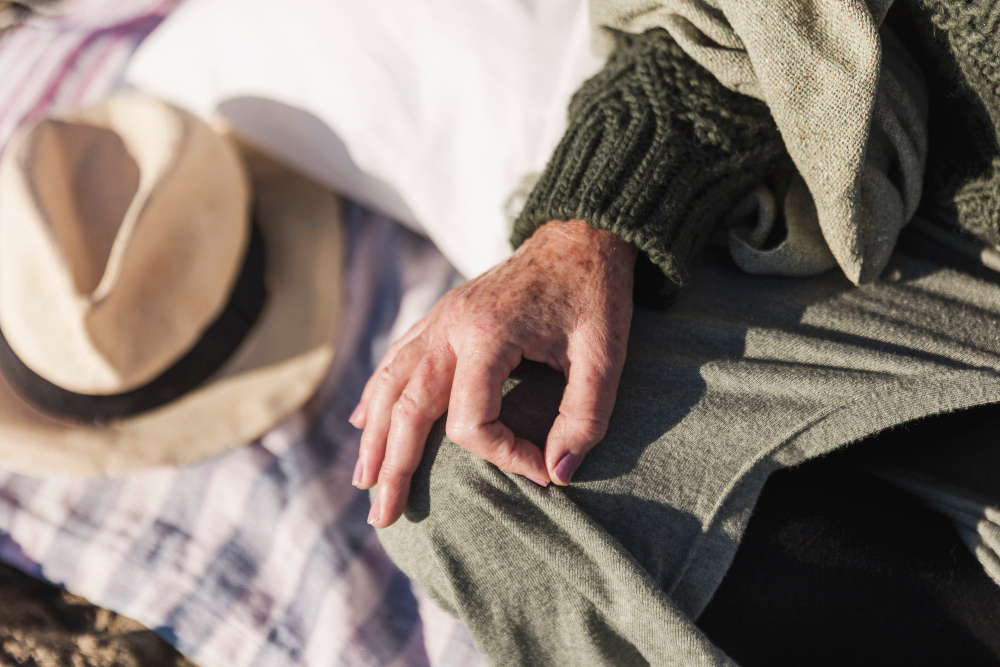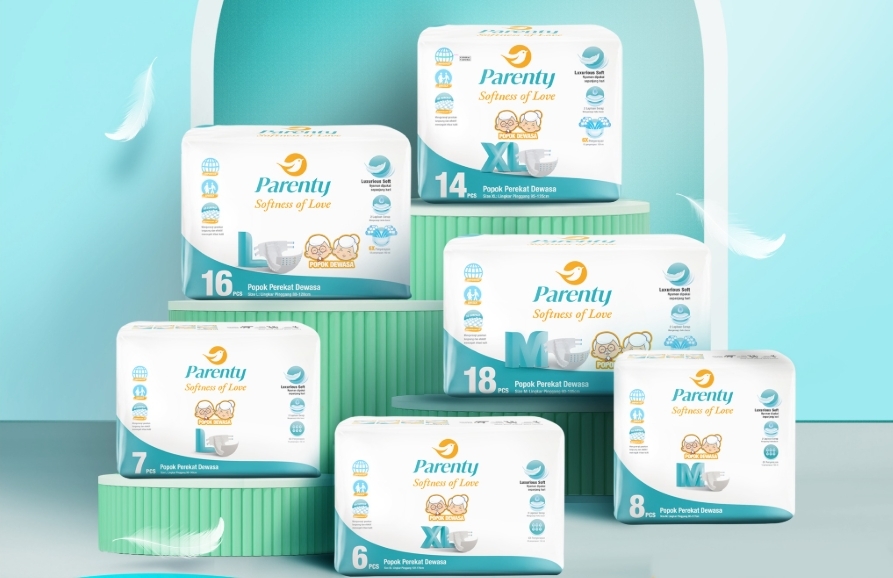Basking in the morning sun has many health benefits, especially for the elderly. Adequate exposure to sunlight can help maintain their physical and mental health. In fact, sunbathing in the morning is closely related to vitamin D, which is good for the body's health. Here is a detailed explanation of the benefits of sunbathing in the morning for the elderly that you must know.
How much Vitamin D do you need per day?
Reporting from the Nutrition Adequacy Rate (AKG) from the Ministry of Health of the Republic of Indonesia, vitamin D needs per day vary based on age. Here are the vitamin D requirements per day:
- Children and Adults (1-64 years): 600 IU (15 mcg)
- Elderly (65-80+ years): 800 IU (20 mcg)
Seniors need more vitamin D because the skin's ability to produce vitamin D from sunlight decreases with age. In addition, the risk of vitamin D deficiency also increases in the elderly due to various factors, such as lack of sun exposure and the body's decreased ability to absorb vitamin D from food.
Impact of Vitamin D Deficiency
Vitamin D deficiency can cause various health problems, especially in the elderly. Some of the effects of vitamin D deficiency include:
- Osteoporosis and Bone Fractures: Vitamin D is essential for calcium absorption, which is necessary for bone health.
- Decreased Immune Function: Vitamin D plays a role in maintaining the immune system.
- Depression: Vitamin D deficiency is often associated with an increased risk of depression.
- Increased Risk of Chronic Diseases: Including heart disease, diabetes, and some cancers.
When is the Right Time for Seniors to Sunbathe?
The best time to sunbathe is early morning, around 7-9am. During these hours, the sun's rays are not too strong, making it safe for the skin and sufficient to produce vitamin D without the risk of sunburn. You can sunbathe for 10-15 minutes three times a week.
Benefits of Morning Sun for the Elderly
Apart from supplements, one of the benefits of sunbathing in the morning is to produce vitamin D and increase immunity. Vitamin D is very useful for the elderly in maintaining their health. Here are the benefits that can be felt by the elderly:
Increases Vitamin D Production
Exposure to morning sunlight helps the body produce vitamin D naturally. Vitamin D is important for healthy bones and teeth, and aids in the absorption of calcium and phosphorus in the body.
Improves Sleep Quality
Sunbathing in the morning helps regulate the body's circadian rhythm, which is the biological clock that regulates the sleep-wake cycle. Exposure to sunlight in the morning can increase melatonin production at night, helping you sleep better.
Reduces Depression
Sunlight increases the production of serotonin, a neurotransmitter that works to improve mood and reduce feelings of depression. This is especially important for older adults who often experience mood swings or emotional disturbances.
Reduces Risk of Chronic Diseases
Vitamin D from sunbathing can help reduce the risk of many chronic diseases such as heart disease, Alzheimer's and diabetes. Vitamin D has anti-inflammatory and immunomodulating effects that can help protect the body from these diseases.
Helps Bone and Skin Health
Vitamin D is essential for bone health as it helps in the absorption of calcium. Sun exposure can also improve skin conditions, reduce the risk of skin diseases such as psoriasis, and speed up wound healing.
Conclusion
Sunbathing in the morning has many health benefits for older adults, from increasing vitamin D production to reducing the risk of chronic diseases. With adequate and regular sun exposure, older adults can take better care of their health. In addition, ensuring adequate vitamin D intake through food and supplements if needed can help fulfill their daily vitamin D needs. (Aq/PRT)









